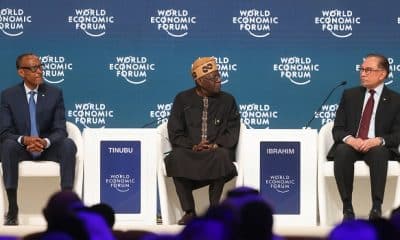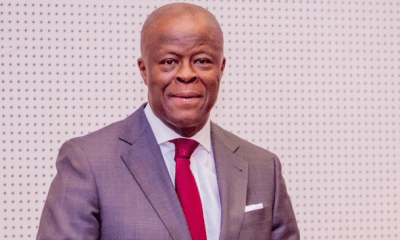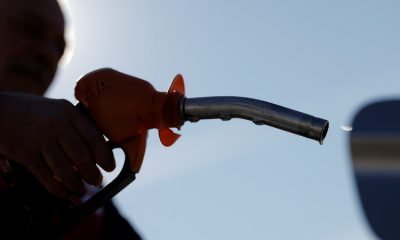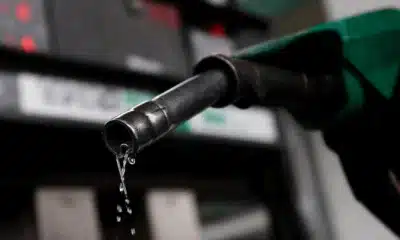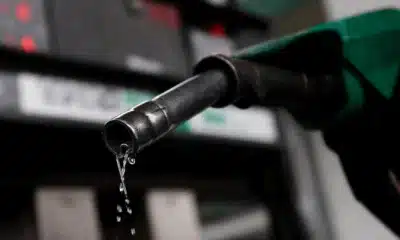Business
Do Not Bring Back Fuel Subsidy – World Bank Warns Tinubu’s Government
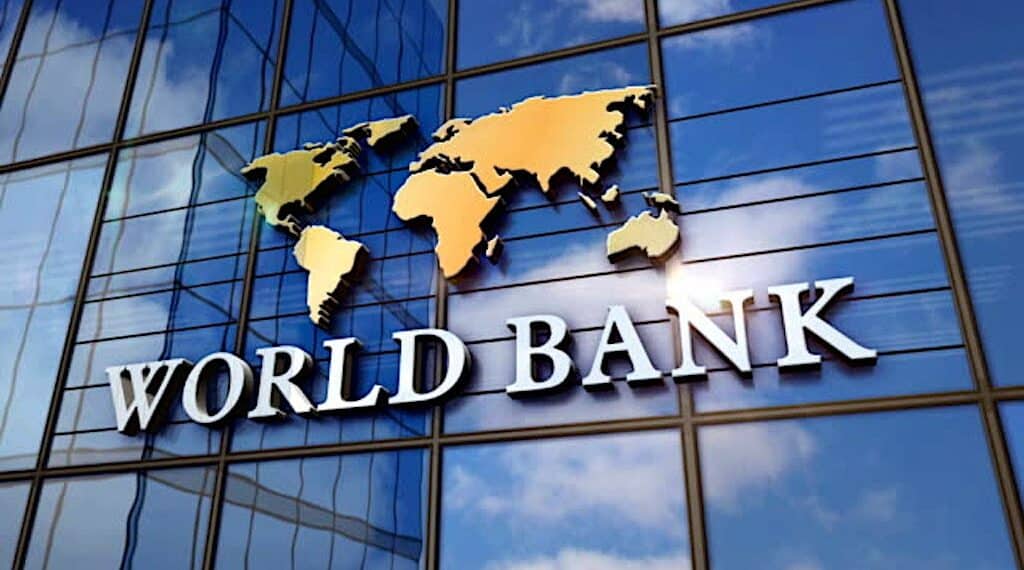
World Bank has warned the President Bola Tinubu-led government not to bring back fuel subsidy as pressure continues to mount over the hardship suffered by Nigerians as a result of its removal.
Naija News recalls that President Tinubu’s government promptly eliminated the fuel subsidy upon taking office in May. The World Bank and the International Monetary Fund hailed the development, but it resulted in a dramatic spike in the pump price of fuel, which rose from N189 per litre to over N600.
The development has resulted in an exorbitant spike in the prices of transportation and other vital commodities, with calls for President Tinubu to find a long-term solution to the hardship being experienced by Nigerians due to the elimination of fuel subsidy.
However, in its latest Nigeria development update released on Wednesday, the bank warned the President Tinubu-led Government against the return of fuel subsidy.
The bank claims that the excessive cost of subsidies has harmed the country’s budgetary position. The bank argued that the removal of subsidy opens up the oil industry for other parties other than the NNPC to import fuel.
The World Bank report read, “On the fiscal front, it will be crucial to sustain the savings from the PMS subsidy reform. The high cost of the gasoline subsidy was weakening Nigeria’s fiscal position, in turn leading to a rapid increase in deficit monetization through CBN Ways and Means financing, and fueling inflation.
“It is important that the subsidy is not reinstated, and that continued progress is made to ensure market-reflecting pricing. Removing the PMS subsidy creates an opportunity to open up the gasoline market, enabling other market players apart from NNPC to import gasoline. This would yield benefits to consumers from market competition, and more revenues to the Federation account, ultimately flowing to all tiers of Government.
“However, to fully reap this benefit, there is a need to allow PMS prices to adjust periodically in line with market fundamentals (i.e., in line with the exchange rate and international prices, similar to the pricing of diesel). To gain more clarity on how gasoline is being priced in the context of the Government’s decision to remove the PMS subsidy, there is a need to enhance the transparency of NNPC, and to regularly publish information that explains prices at the pump.”

